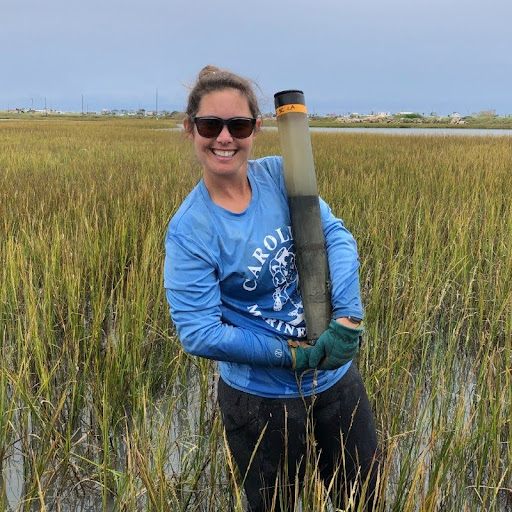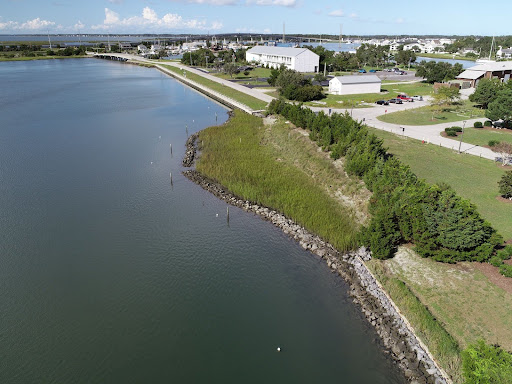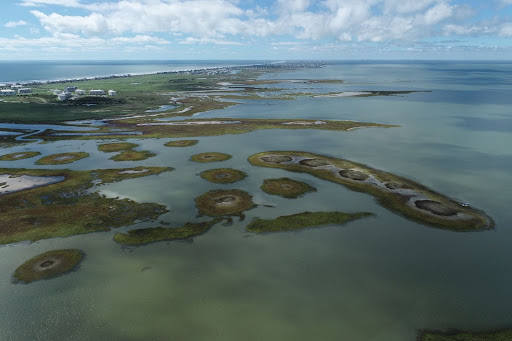We are evaluating the performance of nature-based solutions that incorporate a range of coastal habitat types. We will examine project sites five or more years after their implementation to understand the benefits they provide and how those benefits change over time as the sites mature and evolve. Understanding the long-term performance of existing nature-based solutions is crucial for informing site selection, optimizing design, and maximizing the benefits of future projects.



Why We Care
Nature-based solutions for coastal protection, such as wetlands, dunes, islands, coral and oyster reefs, provide erosion and flood control while mimicking nature, unlike traditional engineered approaches, such as bulkheads and levees. Nature-based solutions have additional benefits that these “hardened” traditional approaches do not, including: improved water quality, habitat provision, enhanced recreational opportunities, and the ability to self-repair after storms and adapt to changing sea levels. For these reasons, it is preferable to use NBS rather than traditional shoreline protection approaches where conditions allow.
A commonly cited obstacle to the widespread use of nature-based solutions is uncertainty about how they will evolve and perform over time as they mature. Understanding the ability of nature-based solutions to provide the intended benefits despite storms, sea level rise, and other environmental stressors is critical to designing the nature-based solutions of the future and to their widespread acceptance and use.
What We Are Doing
NCCOS scientists are evaluating the long-term performance of nature based solutions (NBS) projects of various ages to document their ability to protect against erosion and flooding, provide suitable habitat, and store carbon in their sediments. The goal is to provide an objective analysis of the performance of various NBS types to ensure that future projects are designed and sited for maximum benefit. This type of observational evidence is critical to building confidence in, and guidance for the use of NBS.
This project focuses on nature-based solutions projects constructed more than five years ago and that have “as-built” surveys or preliminary monitoring data available for comparison to present conditions. We use a combination of hydrodynamic modeling, remote sensing, and on-the-ground data collection to evaluate the project performance. Specific projects, indicators, and monitoring metrics are selected through discussions with stakeholders and end users (e.g., NOAA Restoration Center, US Army Corps of Engineers, state coastal resource managers).
Benefits of Our Work
This project fills knowledge and data gaps on long-term performance of nature-based solutions approaches. Project results will be useful for designing, permitting, and installing nature-based solutions projects that are more likely to improve an area’s long-term resilience to flooding and erosion, water quality, and habitat quality.
Next Steps
Multiple projects will be developed:
- Web-based “evidence library” to provide both visual and quantitative assessments and NBI performance
- Story Maps
- Publicly Accessible data
- Monitoring guidance
